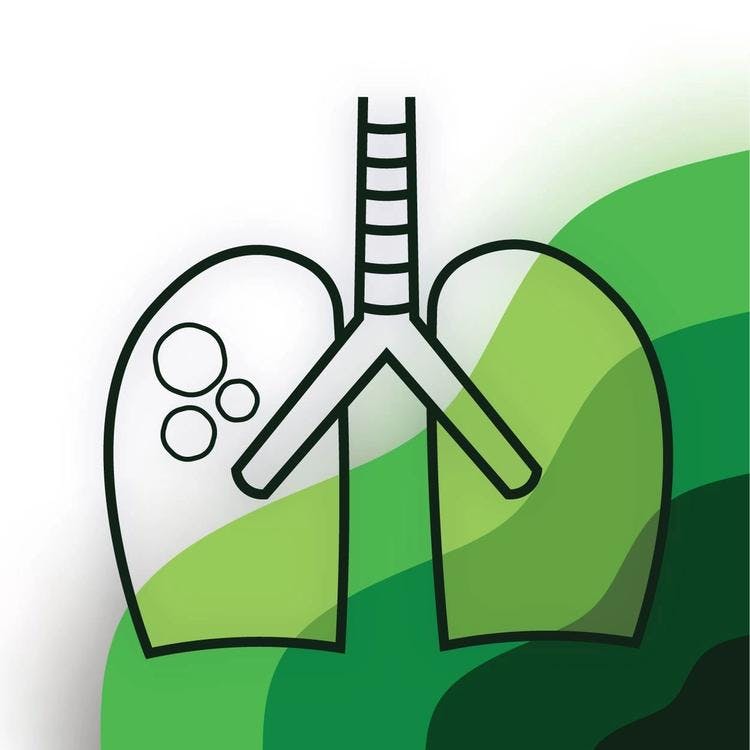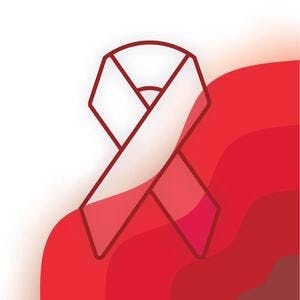What is TB?
TB stands for Tuberculosis. It is caused by a bacteria called Mycobacterium tuberculosis. It is a bacteria that can cause serious infections, mostly affecting the lungs. The word pulmonary means relating to the lungs. TB can also infect the brain, spine and to a lesser extent, the stomach and heart. It is a tough bacteria to kill and that is why you need to take medicine against it for a long time.
Risk Factors
Your immune system helps you fight infections and if your body’s immune system is weak, you can get TB. A common cause of a weakened immune system in South Africa is untreated HIV. Other causes of a weakened immune system are, but not limited to:
- Substance abuse
- Diabetes
- Severe kidney disease
- Cancer
Other significant risk factors are:
- Close contacts of a person with infectious TB disease
- Living in areas of the world with high rates of TB such as the Western Cape
- Children less than 5 years
- People who work or live with people who are at risk of TB such as hospitals or prisons.
TB spreads from one person to another in the air, especially in a closed room, taxi or bus with no fresh air.
Symptoms
TB in the lungs causes a long-lasting cough called a chronic cough. It can also make you sweat at night and lose weight in a few months.
other symptoms of TB:
- chest pain
- weakness or fatigue
- loss of appetite
- chills
Treatment
There are different medicines healthcare providers can give you to treat TB, called antituberculosis medication. The aim of antituberculosis medicine is to improve the quality of life by reducing the occurrence of symptoms and by stopping the bacteria from multiplying.
The common treatment for pulmonary TB is with a 4 in 1 pill called a fixed dose combination. This drug is taken daily for 6 months to clear out the infection. Importantly, this drug is given with other drugs to prevent the side-effects of the fixed dose combination. It is important to report any serious side effects to your healthcare facility.
What can happen without treatment?
TB can spread from one part of your body to another. Outside of the lungs, TB commonly spreads to the brain causing TB meningitis.
Untreated or poorly managed TB can result in varied types of drug resistance. Drug resistant TB is treated with more drugs for a longer period, starting from 9 months.
Prevention
If you have TB in your lungs, you can cough some of it into the air and someone else can breathe it in and get TB. That is why opening windows in the taxi, bus or at home is a good idea to make sure you do not breathe in TB or that you do not spread it. If you cough, make sure you cover your mouth with your elbow to make sure you do not cough into the air.

